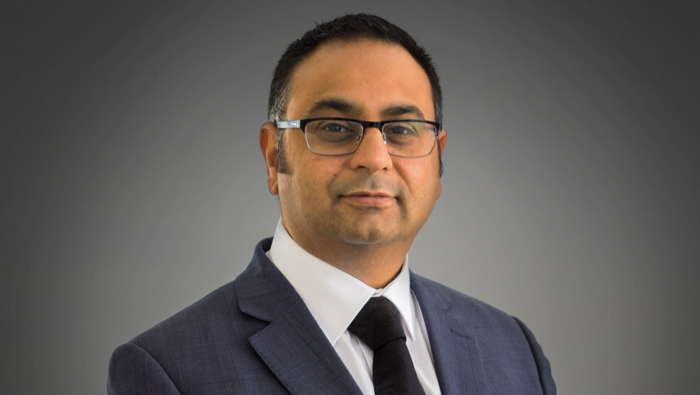
Muscat: Damage to property can be extremely distressing, with repair and restoration often being a long and expensive process. Purchasing building insurance is imperative for property owners, particularly with fires being one of the more common causes of extensive property damage here in the UAE.
We commonly see crucial points missed when trying to choose the best insurance plan for a property. To ensure you are fully covered, here are some key factors you will want to consider.
Undervaluation and overvaluation
Insurance covers a variety of claims, from minor issues to major defects. However, in the event of substantial damage or loss, inadequately insured properties can lead to claims being either significantly reduced, or repudiated.
Over the last five years, the Building Consultancy team at Cavendish Maxwell has witnessed many inadequate RCAs, based merely on the bill of quantities produced when the property was constructed, without taking into consideration the cost of demolition, professional fees, financial consequences of having restricted access to a damaged building, and other general cost increases over time. RCAs were also found to exclude peripheral structures and landscaping, leading to assessed asset values that are considerably lower than the actual cost of repair or reconstruction.
Whilst undervalued assets may only make up a small percentage of the overall volume of assets insured, in some cases the value of these assets is high, posing a significant problem at the time of a claim. Owners and property managers are often burdened with large unexpected costs, to bridge the gap between the awarded claim amount and the actual cost of repair.
At the other end of the scale, in cases where assets are overvalued, the insured will pay higher premiums, but not benefit from higher payouts in the event of claims.
Missed costs
In addition to the potential consequences of under and overvaluation, other factors to consider include debris removal and site clearance, disconnecting and reconnecting services, and the cost of materials, in the event where full or part rebuilds are required. The latter is particularly important, as with rising fuel and energy costs come a rise in constructions costs; manufacturing materials such as steel, cement and plaster all require intense heat during construction activities. Failing to consider this sort of detail and all possible scenarios could lead to potential losses at the time of a claim.
Your building surveyor
With the above points in mind, it is clear to see why accurate assessments are crucial. Choose your building surveyor carefully and ensure you are dealing with an experienced professional who is fully-qualified to provide the assessment, to mitigate financial risk and prevent any resulting losses. The Royal Institution of Chartered Surveyors (RICS) sets the highest sector standards and internationally-acclaimed guidelines for practice. Thus, building surveyors accredited by the RICS are the most trusted, ensuring consistenly precise and reliable assessments. Professional RCAs such as those provided at Cavendish Maxwell, allow insurance providers to facilitate policies that are adequate and appropriate, irrespective of building type.
Annual re-assessment
It is always advisable to have assets re-assessed on an annual basis, which can be conducted as a simple desktop study, followed by a complete assessment every three years. This will ensure that construction costs do not become outdated and also takes into account any alterations, adaptations and refurbishments that may have taken place since the previous assessment.
Overlooking any of these key factors when insuring a property can drastically magnify insurance-related losses and delay the recovery process. However, carefully considering these points will future-proof an asset and as a result, help to achieve a more secure building insurance market in the region.
* The author is an Associate Partner of the Project and Building Consultancy department at Cavendish Maxwell.